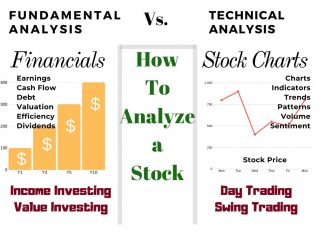If the thought of investing in the stock market terrifies you, you are not alone. People with really minimal experience in stock investing are either horrified by scary stories of the typical financier losing 50% of their portfolio valuefor example, in the two bearish market that have actually already taken place in this millennium or are beguiled by "hot ideas" that bear the promise of substantial rewards however hardly ever settle.
The truth is that purchasing the stock exchange carries danger, however when approached in a disciplined way, it is among the most effective methods to build up one's net worth. While the value of one's home usually represents the majority of the net worth of the typical specific, the majority of the affluent and extremely rich generally have the majority of their wealth bought stocks.
Key Takeaways Stocks, or shares of a business, represent ownership equity in the company, which give investors voting rights along with a recurring claim on business profits in the form of capital gains and dividends. Stock exchange are where individual and institutional investors come together to purchase and offer shares in a public location.
For example, a specific or entity that owns 100,000 shares of a business with one million outstanding shares would have a 10% ownership stake in it. Most business have outstanding shares that encounter the millions or billions. Typical and Preferred Stock While there are two primary types of stockcommon and preferredthe term "equities" is synonymous with common shares, as their combined market value and trading volumes are many magnitudes larger than that of favored shares.

Preferred shares are so called due to the fact that they have preference over the typical shares in a company to How Does Investing Work get dividends in addition to properties in the occasion of a liquidation. Typical stock can be further classified in terms of their ballot rights. While the basic premise of typical shares is that they must have equivalent ballot rightsone vote per share heldsome business have double or several classes of stock with different voting rights connected to each class.